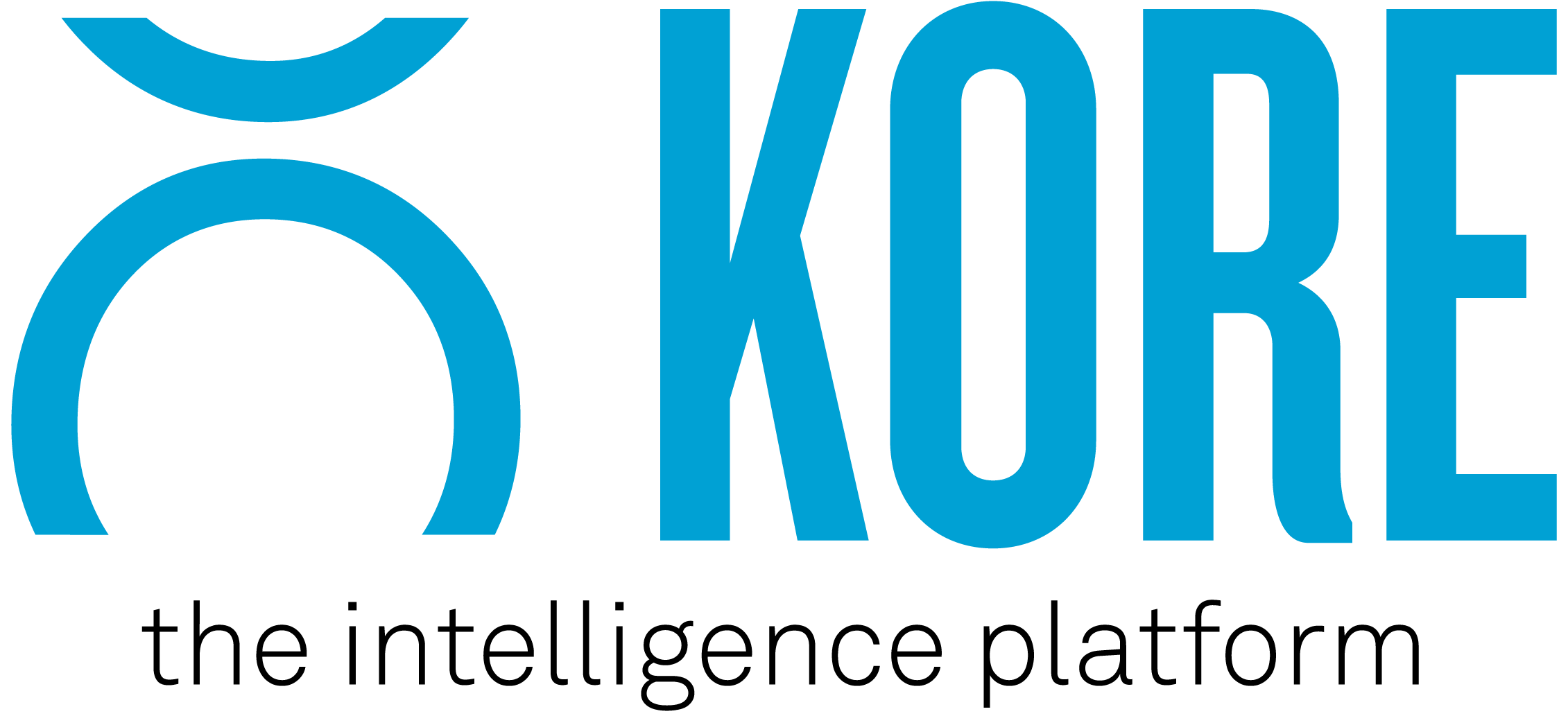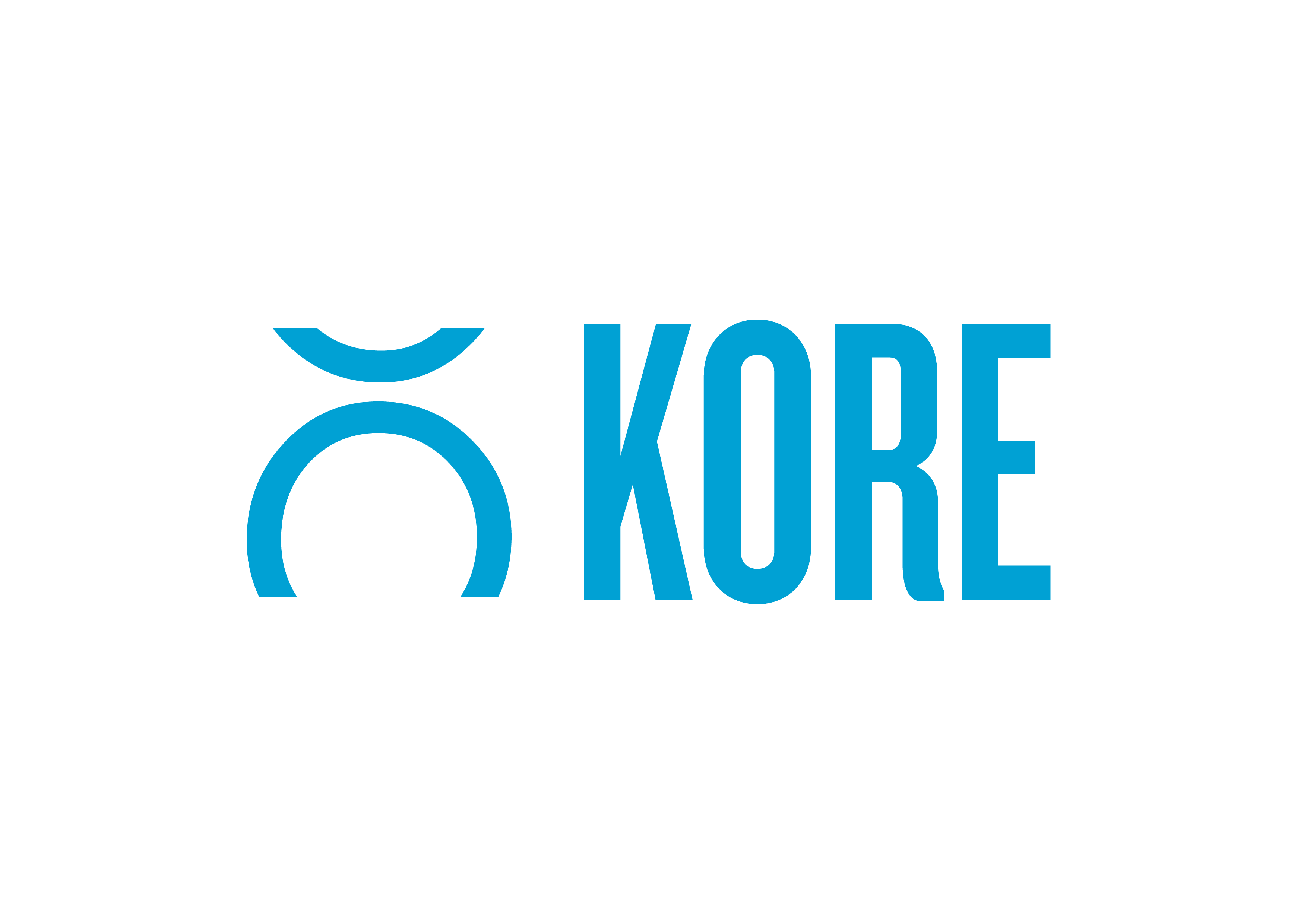2023 Sponsorship Governance Series: Part 1; Why Governance is Essential for Your Sponsorship Strategy
What You’ll Learn
- The concept and significance of sponsorship governance for brands
- How brands can minimize risk, and safeguard their reputation while maximizing sponsorship value
- How to avoid athlete sponsorship pitfalls
- Ways to mitigate negative impact, and ensure compliance with brand values in response to reputation risks
Introduction
Sponsorship is an essential aspect of many organizations’ marketing and branding strategies. When we think of Michael Jordan, we think of a champion, basketball, the Chicago Bulls, Air Jordans and Nike. Partnerships provide financial support and resources to events, campaigns and initiatives, or athletes, influencers, artists, teams, clubs and leagues in exchange for brand visibility and association with the sponsored entity. Sport and entertainment unify people through emotional connection like Proctor & Gamble’s “Thank you, Mom” campaign featuring the childhood journey of Olympic athletes and the unwavering support from their moms. Sponsorship lies in the core of engaging with audiences that may result in loyalty and even passion. How do you assess that value, all while safeguarding your essence: your brand, reputation, assets, and beyond? Sponsorship Governance aids in elucidating this undertaking.

While the concept of sponsorship is widely understood, the role of sponsorship governance is often overlooked. Through this series, we will explore what sponsorship governance is, why it is critical for a successful sponsorship strategy, and how organizations can implement effective sponsorship governance practices to ensure aligned brand values and avoid costly mistakes or harm to their brand reputation.
What is sponsorship governance?
Sponsorship governance is like any other governance. You have probably heard of corporate governance or more recent terms like data governance. Sponsorship governance refers to the set of processes, policies, and structures that guide the management and oversight of sponsorships within an organization. It involves the strategic planning, decision-making, and monitoring of sponsorships to ensure they align with the organization’s objectives and deliver measurable value.
Importance of sponsorship governance
Sponsorship governance is crucial for organizations involved in sponsorships. It reduces risks, safeguards brand reputation, and maximizes sponsorship value. Let’s review some ways that sponsorship governance can prevent or minimize expensive errors and reputational damage in certain situations that involve high profile athletes and partnerships between organizations.
An Athlete or Brand Partner Sponsorship Blunder
Through the years we’ve all read the headlines when a prominent athlete becomes involved in unethical conduct like performance enhancing drug use or allegations of abusive behavior. Often the athlete loses high-profile sponsors resulting in significant losses for the athlete, influencer and their sponsors. Sometimes the ethical concerns over conduct involve a brand partnered with an organization under fire. With proper protocols and approval processes in place, organizations can conduct thorough due diligence on athletes, artists, influencers and other organizations and then implement clauses to protect themselves from reputational damage in the event of ethical or legal violations. Here are some tips to follow when creating governance policies:
- Conduct rigorous assessments of potential partnership risks and align values regarding current public perception around relevant issues.
- Implement effective monitoring and reporting processes to ensure ongoing compliance with mutually agreed-upon welfare standards, as it pertains to each business.
- Establish regular dialogue and collaboration between the organizations to address emerging issues, make necessary adjustments, and provide transparent communication to the public.
- Have provisions in the sponsorship agreement that allow for termination or amendment in response to significant reputation risks related to any welfare, ethical, or legal concerns within each business structure.
By implementing robust sponsorship governance practices, organizations can proactively identify and address potential pitfalls, adhere to ethical standards, and protect their brand reputation from the adverse effects of sponsorship-related controversies. This is where our tools can help with your organization’s policies or governance smoothly, safely, and securely.


